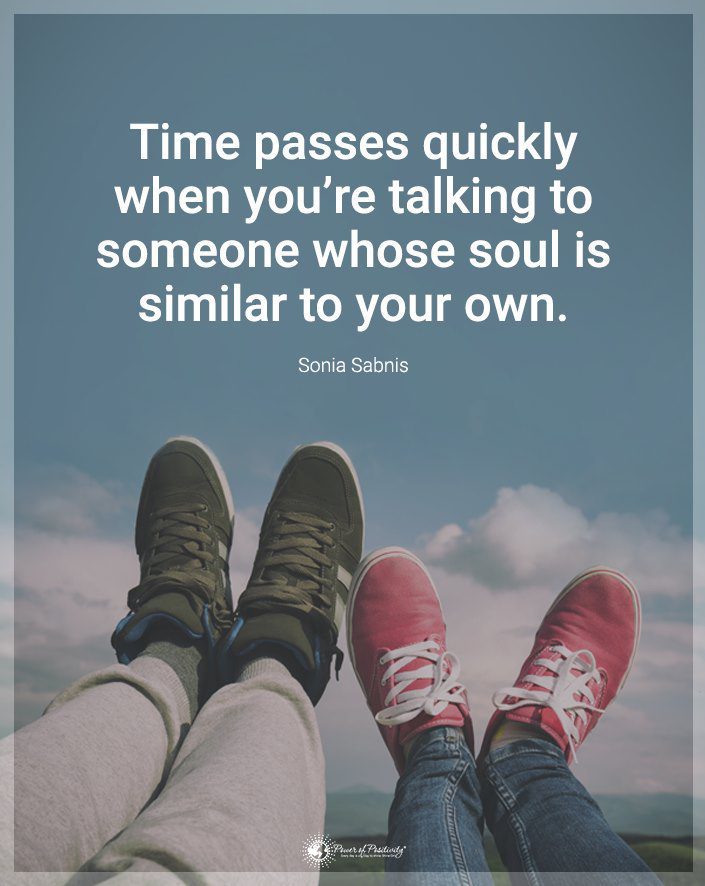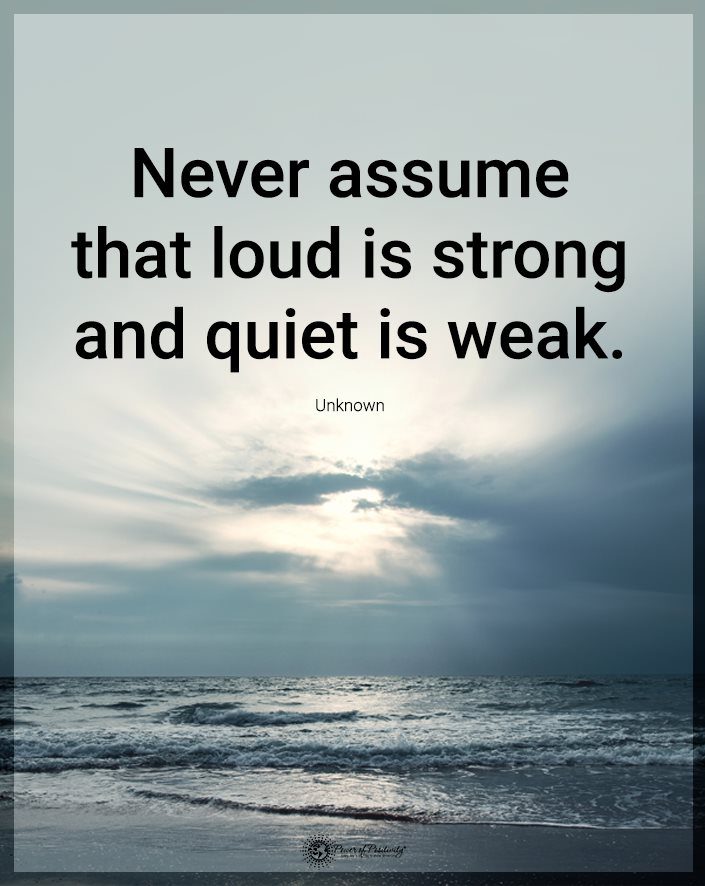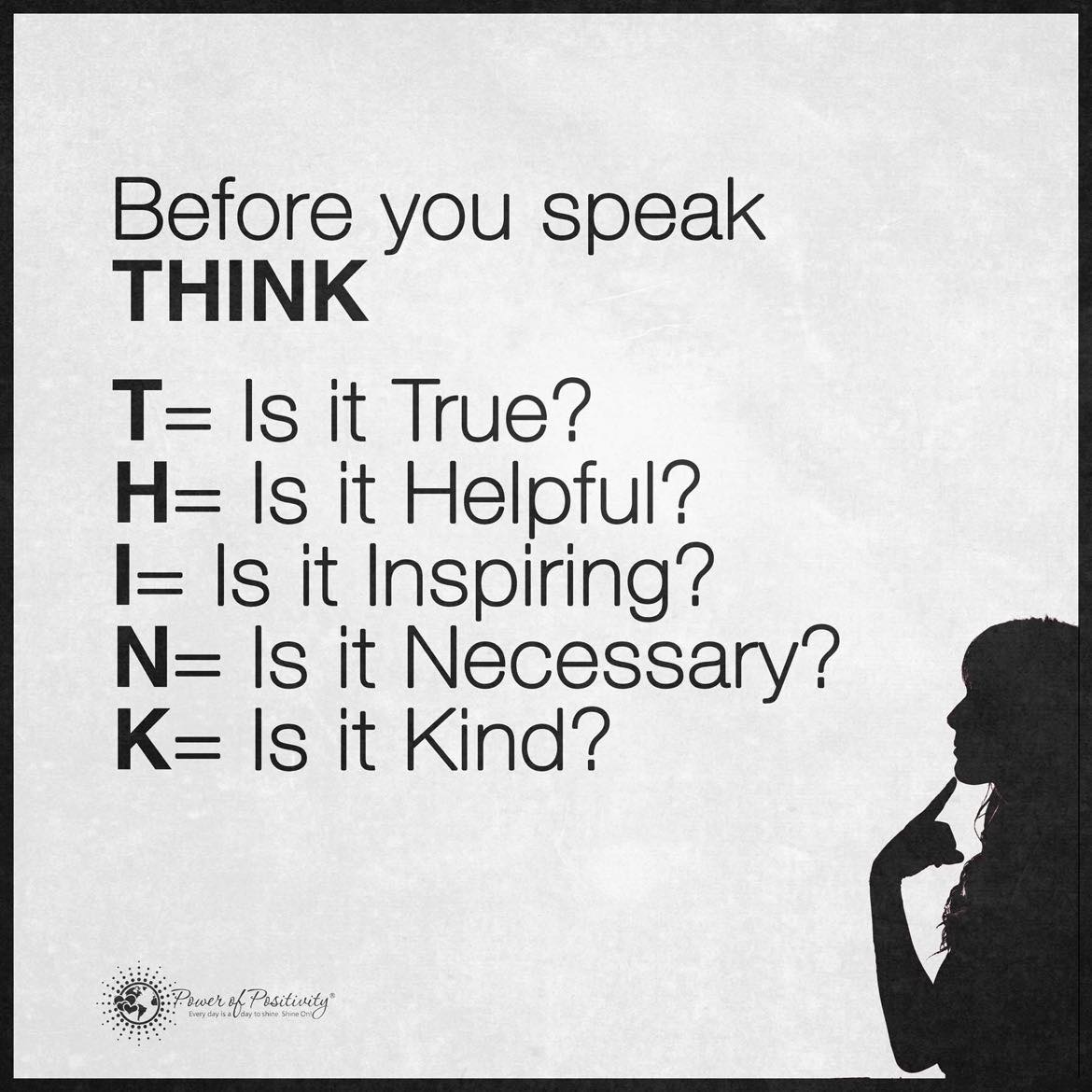Finding true love is one of the most beautiful things you will experience. A kind and caring partner is a treasure, as those types of respect-filled relationships don’t come around daily. So many people think they’re in love but soon find that their significant other has an ulterior motive for being together.
20 Signs You’ve Found a Caring Partner.
You can fake many emotions, but true love isn’t one of them. Some signs cannot be denied when two people have genuine and pure love.
Even if you try to hide it from people, being touched by Cupid’s arrow is hard to conceal. Here are some signs that the person you’re with is a caring partner and one you should hold onto.
1. A Caring Partner Connects with You on An Emotional Level
Physical attraction is usually the first part of any relationship, but this person gets you on an emotional level. They not only think you’re beautiful/handsome, but they also think what’s on the inside is fascinating. Your mind, body, and spirit connect.
2. Respect Your Views and Opinions
When you’ve found a caring partner, they don’t care if your views and opinions differ. They want you to be free to express yourself how you see fit. They respect the fact that you can be different and show them there are other views out there.
3. Your Biggest Cheerleader
You’ve their support in all things. When it comes to losing weight, getting job promotions, or accomplishing other goals in life, they’re behind you, cheering you on. They would never dream of seeing you admit defeat as they’re waving their pom-poms and have a cheering section dedicated just for you.
4. A Caring Partner Can’t Wait to Spend Time with You
Some people don’t seem to have enough time to spend with you, and when you’re together, it’s like pulling teeth to have a conversation. However, this person is a caring partner who can’t wait to be with you. They live for the moments they share in your presence, and the feelings are mutual.
5. Drawn Deep into Your Eyes
When they look into your eyes, it’s as if they can see into your innermost being. It’s not just a customary glance. But it’s as if your souls connect on a cosmic level. They can gaze at you without saying a word, yet your heart knows what’s truly being said.
6. A Caring Partner Includes You in Their Future
Whether or not you’ve made a long-term commitment, they include you in all their plans. They only see tomorrow with you in it and dream of a life together. This person isn’t just being kind; they’re trying to tell you that you’re the one they want to grow old with.
7. Wants to Know All About Your Day
You’re the first person they call or text on their lunch break, and you’re the one they call as soon as work is done. They can’t wait to hear about your day and whatever has happened, as they greatly value you. They can’t imagine not knowing what’s going on with you.
8. Vulnerability Comes Easy
Vulnerability isn’t easy to display for most people, but when this person is with you, they seem to let down all their guard. They can tell you their deepest secrets, and you know all about their skeletons in the closet. You’ve become a safe place where they can get rid of the baggage they’ve carried for years, and you make them a better person because of it.
9. Gives You Trust and Respect…100 Percent
One of the reasons why they can be so vulnerable with you is that they trust you 100 percent. They know that you won’t go around telling people about their personal information; in return, they keep your secrets too. According to an article by Michigan State University, trust is one of the essential foundational parts of a relationship.
Trust is about so much more than the basics, and it includes the following:
- Boundaries
- Reliability
- Accountability
- A vault that keeps all your secrets
- Integrity
- Non-judgment
- Generosity
When you find all this in a person, you can trust them with your heart, mind, body, and soul.

10. Shows Affection
There’s a difference between affection and lust. When someone is affectionate towards you, they hold your hand while you’re in a restaurant. They caress your shoulders when you’re standing near them or make sure they kiss you before they go to work.
Anyone can have romance in the bedroom but showing affection on the outside matters most.
11. You Can Be Yourself
You eat what you want, say what you would generally say, and never change who you are just because you’re in their presence. You’re free to be who you are without apologies; they can be who they are too. So many people are fake to impress someone, but neither of you needs to put on the façade when you’re together.
12. Can Respect Your Differences
You may come from different religious backgrounds, political affiliations, and cultures, but they don’t see these things. This kind and caring partner see you for the beautiful person you are, and they respect your differences. They would never ask you to change for them and won’t change for you, either.
13. Doesn’t Expect Perfection
The person you’ve found is a realist. They know there’s no such thing as a perfect person, nor do they expect you to fit into an impossible mold. They understand that this unrealistic view of themselves and their partner is the ultimate self-defeating behavior, and they want their relationship to thrive, not barely survive.
14. A Caring Partner Works Through Conflicts
Having conflicts is normal, even with the most caring partner. Thankfully, they don’t like to stay upset for long. They’re often the first to apologize, whether they’re to blame or not.
They value you so much that they can’t stand being upset and having things feel off between you two. Their kind nature forces them to apologize and make things right, even if they’re not the one in the wrong.
15. Goes Out of Their Way to Make You Feel Loved and Wanted
If your stomach is upset at 3 am, they will find any store open and try to get you something to settle it. They rub your back because it’s sore from sitting in your office chair all day, and they stop and get your favorite ice cream to bring home to you.
They go out of their way to show you how much you mean to them. True love shouldn’t be mansions, big diamond rings, or vacations in the tropics. Sometimes, it’s showing someone how much they mean to you that is most special.
16. Doing the Little Things is Commonplace
Those little things that you do in relationships are what help to solidify the bond. According to Harvard Business Review, these things are essential on both a business and professional level.
Dealing with people requires you to go the extra step and show them they’re valued. The article states that you will develop more profound and meaningful relationships when you learn to step back and gain clarity into the dynamics of your relationships.
17. Laughter is Commonplace When You Have a Caring Partner
Do you laugh together? A caring partner knows that life isn’t all fun and games, but they keep things lighthearted. Their kind nature also has a humorous side that you enjoy. They don’t care if your jokes aren’t funny. They will laugh right along with you anyway.
18. They’re There When You Need Them
When life isn’t kind and things are hard, you know you can count on them to be there for you. Whether it’s a bad day, a death in the family, a sickness, or some other life-altering event, they’ve got your back.
19. The Relationship is Easy
It’s different when you have a relationship with a caring partner. You’ve had relationships, and they always seemed like a struggle. Some endless arguments, a lack of respect, or things didn’t click. However, things have been so easy with this person that it’s almost scary how perfect it is with them.
20. A Caring Partner Is Not Afraid of Commitment
It’s a big deal and a relationship breaker when you’re ready to take things to the next level, and your love wants to move forward. This person has no problem committing to you or labeling your relationship for what it is, and you see the respect and love for years to come.

Final Thoughts on the Caring Partner
If you think the person you’re with is the one for you, don’t let them get away. If you can’t imagine one day without them by your side and in your life, run to them. You will always have to kiss a few frogs before you find the prince/princess. But once you find them, you’ve found a treasure.
































